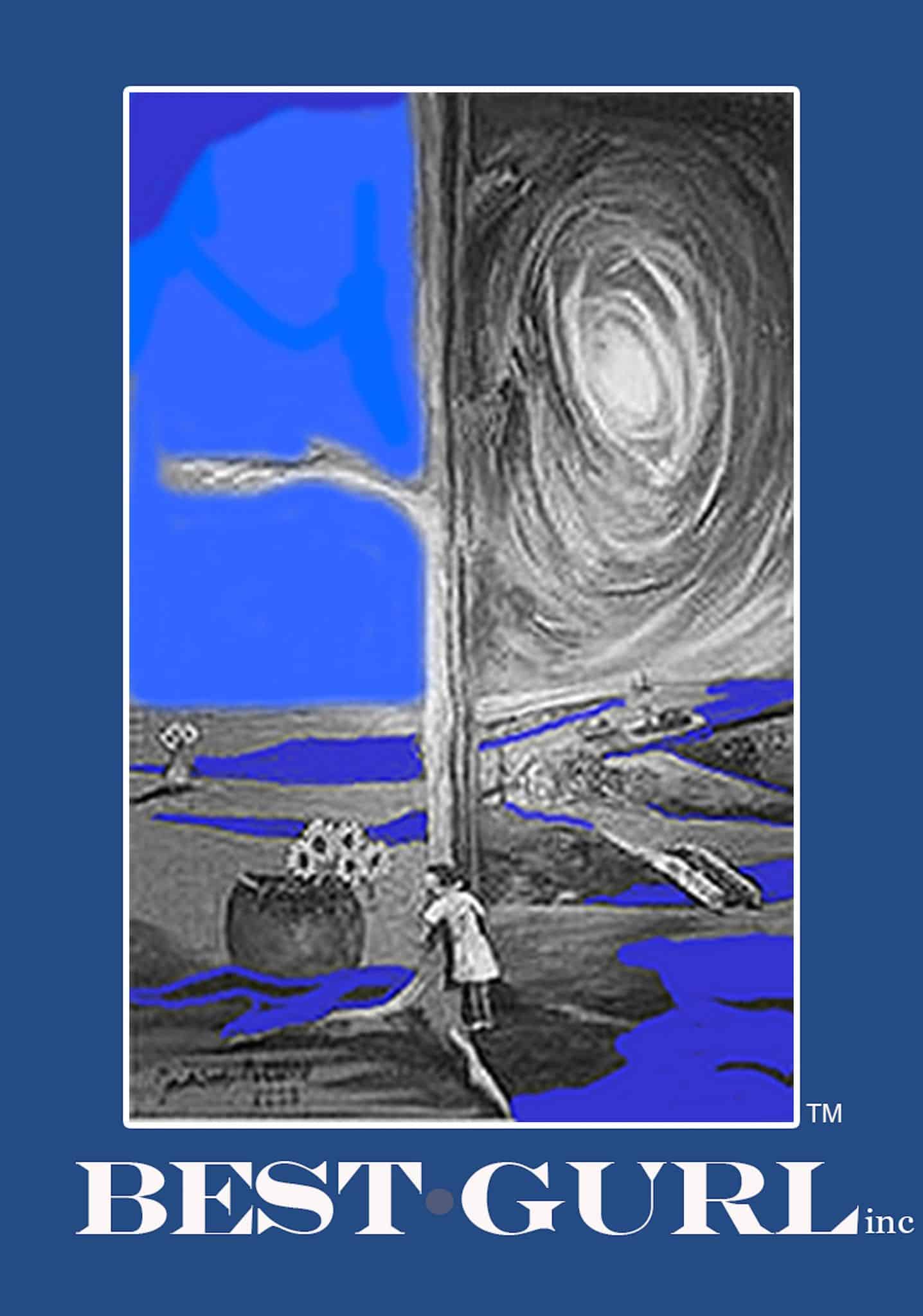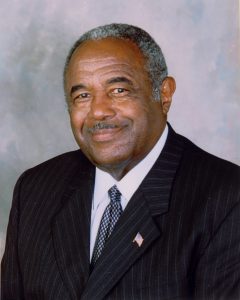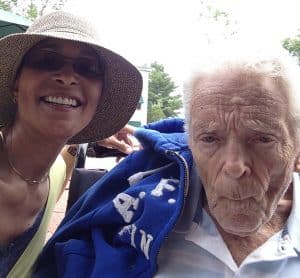

Chris McNair has died.

My first memory of him is of my being a little boy and greeting him as he brought the milk to our front door. A gregarious man, dressed in white and driving a White Dairy Milk Truck he was the milkman who my parents and aunts knew. Later, after I finished college and moved home to Birmingham, I went to work with him on his magazine, Down Home.
Down Home showcased his beautiful award-winning photography of people and places in the Deep South. I wrote many of the magazine’s articles both under my name and my pseudonym, Dwayne Stanley. We sold the magazine all over Alabama and to those black transplants who had generationally been a part of the great migration from the southern states to the good life, “up north.”
Working full time for BellSouth/AT&T, I would leave work, change clothes, get a bite to eat and spend the evenings at his studio, working with him on story ideas, accounting for the ads and magazines I had sold, and more importantly we would sit and talk. Because I had known him for so long, he always referred to me as “boy,” but that was okay. In terms of what I would learn from him, I was a boy.
Much has been written and discussed about him, the tragic death of his daughter in the
16th street Baptist Church bombing, his artistry as a photographer, his many civic and personal attributes, his time as a politician and his fall from grace. But for me it’s the nights we spent in his studio, talking, me mostly listening.
He often asked me about life at Auburn University where he would later send one of his daughters. He was interested in what life was like in the downtown corporate power structure, where I had “a good job.” I often detected regret at his having come along “too early,” to enjoy the rewards of integration.
Only once did I ever see him lower the barrier of his manhood and break down in tears as any man would who had experienced the life he had experienced, from Fordyce, Arkansas, to Tuskegee, to Birmingham, to the bombing at the sixteenth Street Baptist Church and the tragic loss of his daughter. “Why do we have to go through this?” he wailed, tears streaming down his face.
I didn’t say a word. It was his moment. I sat in silence.
I suppose I should say Chris McNair went to prison for stealing the people’s money. I’m a believer that you don’t run away from your history. He didn’t. He pled guilty to that crime. But if there was ever an elected official that the public wished could have been forgiven it was Chris McNair. He’d suffered enough many said. The crime and punishment was a testament to the contradictions of life. We can be upstanding in the light of day and perhaps do what we feel we need to do when the shadows of darkness surround us.
My memories will always be of the man I got to know personally and intimately, a man who during a five-year stint in my life became a mentor and friend. Toiling and talking in his junked-up studio, we strived to shine a light on what was happening “Down Home.”
We met him in the Musée d'Orsay in Paris twenty years ago. He always said he was attracted to my wife’s (joyce) stylish hat, or at least that was his story and he stuck to it. An art history professor, an American living in Paris, he invited us to join him on a tour he was giving to his students. “Would you and your man like to join us?” he asked joyce. With an invitation like that, how could we not? “Yes,” we agreed. For the next two hours we listened and learned. The man was a walking, talking art history lesson. After the tour, we were invited to lunch with the group. We politely declined, figuring we had imposed enough on their time.

As we exited the museum, I mentioned to joyce that we should have gotten the gentlemen’s contact information so we could send him a nice note of thanks. She confidently replied, “Oh we’ll see him again.” True to my name as a doubting Thomas, I confidently spouted, “We’ll never see that man again!” Two days later, while lunching at an outdoor café, joyce jumped up shouting, “There he is.”
“Who?” I asked. She was already giving chase. “The Professor,” she replied on the run.
She brought him back to our table. That evening we had dinner with him and his friends who were also Americans living in Paris. After that we visited for the next twenty years until his passing in March of this year. He came to our homes in Fort Walton Beach, Florida and Birmingham, Alabama. We visited him in Maine after he moved back to the states.
A physically short man with encyclopedic knowledge and an inquisitive mind regarding social issues, he was stimulating to be around. We went to a jazz performance on the River Seine in Paris. We went to the Moulin Rouge. He spent a Christmas with us in Fort Walton. He visited us in Birmingham for the premiere of my play, Speak of Me As I Am. Issues of ethnicity and American racism peaked his interest and touched off lively conversations. He always inquired about our son, Dixson. He was just incredibly special! I will never forget him.
The last time we saw him was in Maine two years ago. Living with his son Peter, he was confined to a wheel chair, but insisting that he would go back to his beloved Paris as soon as he was able. This month, in his 9th decade, weak and frail, he passed away.
His son Peter posted a wonderful picture of him with his beloved glass of wine and a twinkle in his eye. Brandt Kingsley, you were one of a kind!